
Transforming futures
with creativity
What is the Artsmark Award?
What is the Artsmark Award?
Artsmark recognises schools’ exceptional commitment to creativity with the Artsmark Award - the only award for arts and cultural provision in England. Artsmark is accredited by Arts Council England.
How do schools get an Artsmark Award?
How do schools get an Artsmark Award?
Schools receive their award at the end of their Artsmark journey.
Every school’s Statement of Commitment and Statement of Impact is evaluated by our expert team of Artsmark Assessors - learn more about them below.
Our Assessors look at:
how far your school’s arts and cultural provision has progressed
the impact of Artsmark on your school
the objectives and goals you’ve achieved (not ones that are yet to be completed)
Based on this assessment, schools receive one of three Artsmark levels: Silver, Gold or Platinum. Schools receive their award no later than the end of the next academic term after submitting the Statement of Impact.
About the Artsmark journey
To complete an Artsmark journey, schools need to attend Artsmark Development training delivered by Goldsmiths, University of London, and submit two documents:
a Statement of Commitment that outlines your goals and ambitions for your Artsmark journey
a Statement of Impact that reflects and evaluates the journey you’ve been on
Assessors
Meet your Artsmark Assessors:
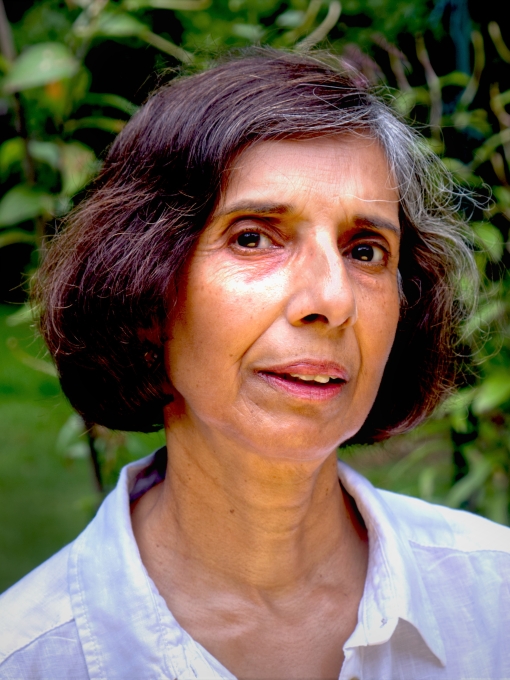
Dame Reena Keeble DBE, EdD
Reena is a retired primary headteacher with 22 years’ experience. She has a proven track record in leading an outstanding school and offering school to school support, coaching future leaders, curriculum design and pedagogy. Until her retirement Reena was a National Leader of Education (NLE) and her school was designated as a National Support School. Reena has also acted as an Executive Headteacher and was awarded a doctorate in Educational Leadership and Management in 2007. In 2011, she was appointed as a Dame Commander of the British Empire (DBE) for her services to education. For five years Reena chaired the Primary Headteachers’ Reference Group at the Department for Education and she has worked on developing policy at both local and national levels.
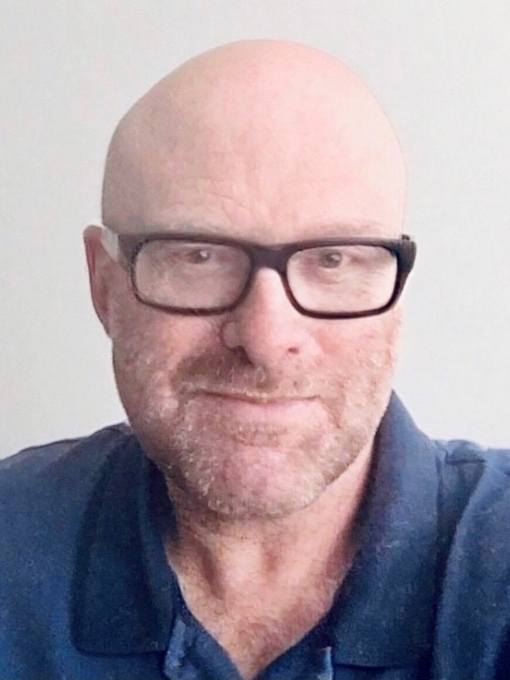
Dr. David Parker
As a freelance consultant, David specialises in research and evaluation in the arts and education sectors. With a longstanding interest in education programmes that are designed to unlock the creative potential of young people, David has contributed to a range of studies that seek to explore new methods of measuring and valuing creative development in schools. From 2012-2014, David was the Director of Research for the sector skills council Creative and Cultural Skills. In the earlier years of his career, David was the Head of Research at the British Film Institute. David is presently a member of the Cultural Learning Alliance and an associate of the Royal Society of Arts.
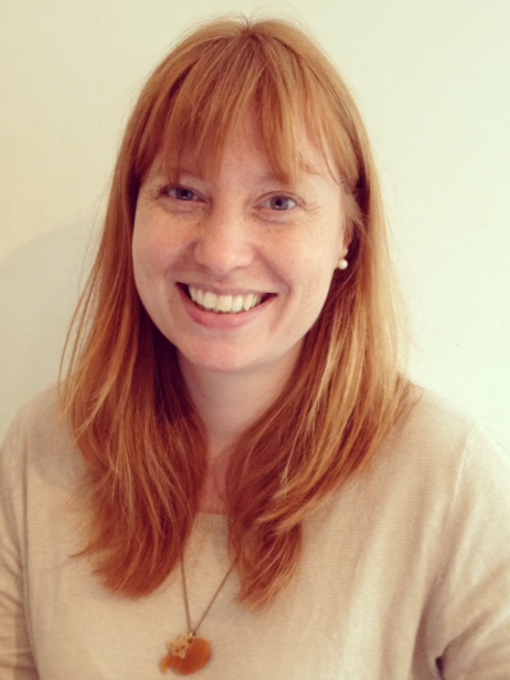
Sam Cairns
Sam Cairns has worked in the culture sector for 15 years - starting in museum education and expanding into libraries, archives and then the arts. She worked for the Museums, Libraries and Archives Council, and in education roles at Imperial War Museums and the Wellcome Trust. Sam has managed the Cultural Learning Alliance with Lizzie Crump since 2011. She led the development of the Cultural Learning Alliance’s Key Research Findings: case for cultural learning, the consultation report on Arts GCSEs published in 2014 and the 2016 response to the Teaching School Council’s review of Effective Primary Teaching Practice. She is a primary school governor and chair of her local community forum.
Kevin Jones
Kevin is a retired headteacher, with 26 years’ experience leading St John’s College School, a national award-winning choir school. He was the founding Chair of the Children’s University Trust charity, which engages children in innovative learning activities outside school hours, with a particular focus on reaching disadvantaged children. Kevin believes deeply in the value of the arts to young people’s emotional and social well-being. He has chaired the My Cambridge Cultural Education Partnership, is on the Advisory Panel of the Cultural Learning Alliance and is a trustee of the Cambridge Junction, a centre of excellence for its progressive and inclusive creative work with children and young people.
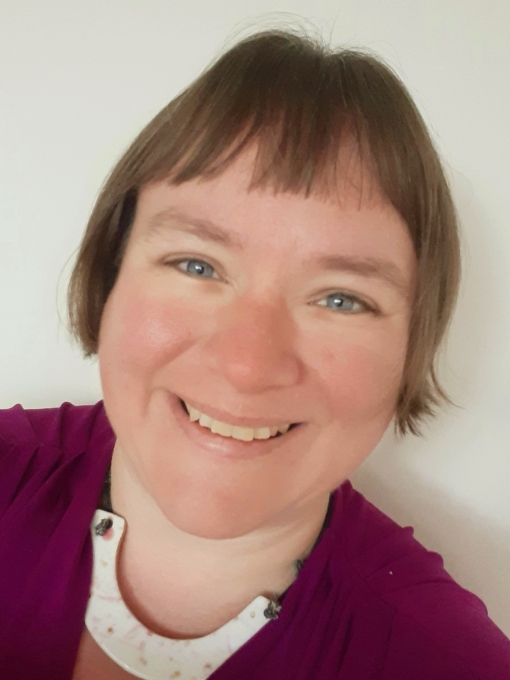
Kate Fellows
Kate wants to change the whole world for the better… but she’ll start with Leeds for now! She has worked with object based learning in museums for 17 years for a range of organisations from the National Trust, to Harewood House and IWM North, and is currently the Head of Learning and Access for Leeds Museums and Galleries. She was the 2010-11 Learning Fellow on the Clore Cultural Leadership Programme. Kate is currently a Yorkshire and Humberside rep for the Group for Education in Museums (GEM), the Chair of Yorkshire Accessible Museums Network, and a trustee for Artlink West Yorkshire. Along the way, she has met and worked with many wonderful, amazing people, has learnt so much and is still learning.
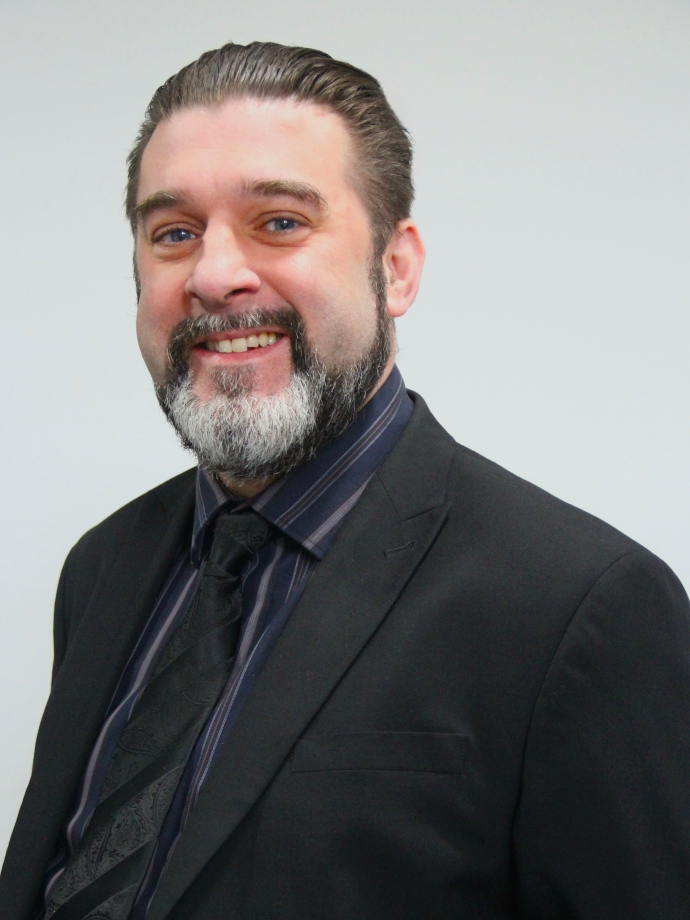
Edward Clark
Edward is a senior leader at Thomas Gainsborough School in Sudbury, Suffolk, a high performing titan academy which has been repeatedly awarded Platinum Artsmark status, and manages all of the Visual and Performing Arts as well as the wider culture of Arts and performance across the school. Prior to this, he led the Visual Arts team through a rapid improvement journey to become one of the most successful in the country. Edward previously led the development and work of the South Suffolk CALSA (Cultural and Arts Leaders in Schools and Academies) programme and coordinated work across his multi academy trust to increase access to arts and cultural opportunities for young people who need it most. Edward’s recent work has included the deployment of a school wide cultural capital programme to expose students to a range of cultural touchstones and involve all staff in the delivery of arts and culture, and the development of strategies to embed critical and creative thinking approaches to teaching across the curriculum. Edward’s professional motivation is based on a fundamental belief in the value of the arts in improving, enriching and enabling student’s experience in education and their wider lives.
